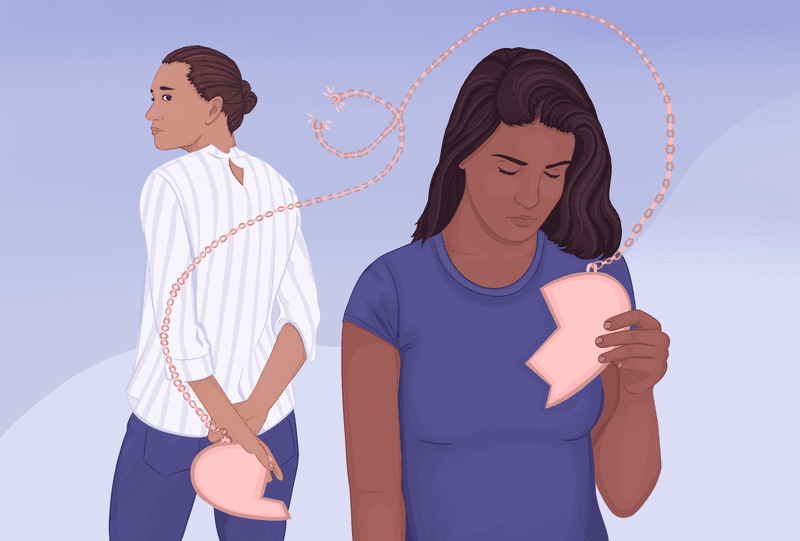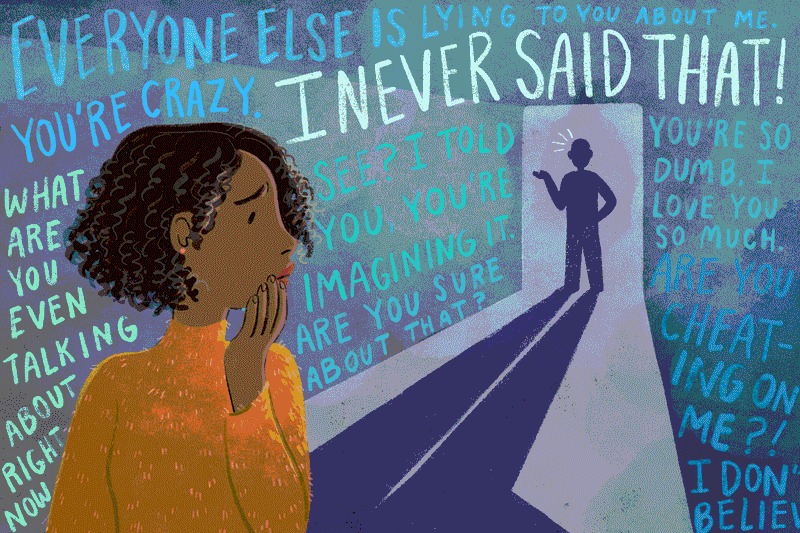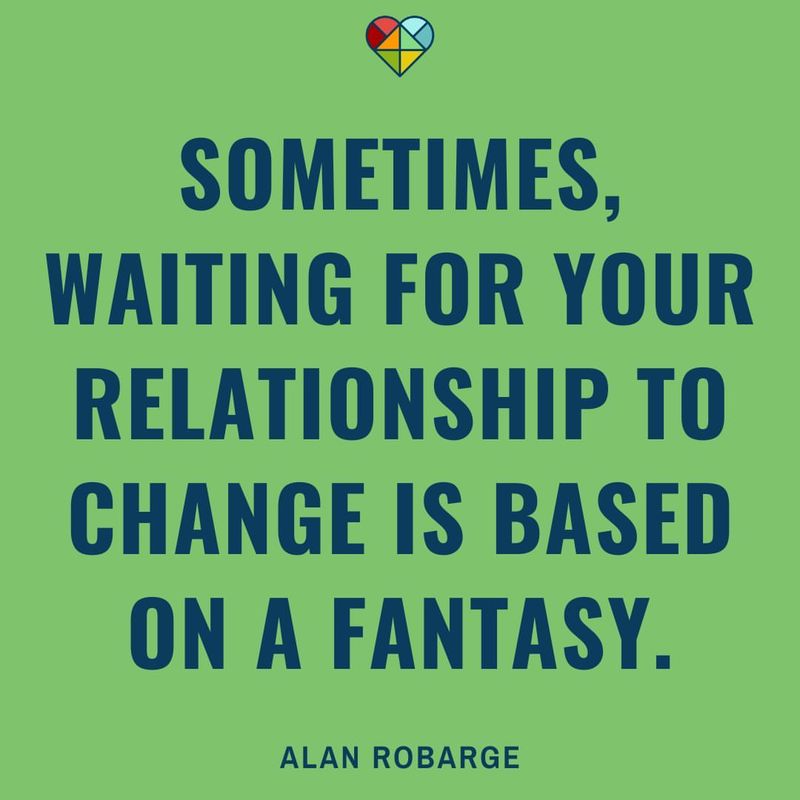21 Clear Signs It’s Time To Leave Your Partner
When you’re constantly questioning your peace, your gut already knows more than your brain is willing to admit. There comes a point where you’re not overthinking anymore.
You’re just finally telling yourself the truth. And while no one can make the decision for you, here are 21 hard-but-true reasons it might be time to stop hoping—and start walking.
1. You feel lonelier with them than you do when you’re alone

There’s a unique kind of loneliness that comes from being with someone who doesn’t truly see you. When you feel isolated in your partner’s presence, it’s a red flag waving right in your face. Human connections are meant to enrich our lives, not drain them of color.
Imagine sitting at a dinner table set for two, but the conversation is hollow and the silence screams louder than words. If you’re more at ease in solitude than with them, it’s time to ask why.
Reevaluate the quality of your relationship. Life is too short to fill it with empty companionship. Trust your feelings; if loneliness is your constant companion, it’s not just you—it’s the relationship.
2. You don’t feel safe being your full self

Being in love should feel like coming home, not like stepping onto a stage where you must mask parts of who you are. If you’re constantly editing yourself to maintain peace or avoid judgment, something’s amiss.
You deserve a partner who embraces you fully, quirks and all. It’s exhausting to shrink parts of yourself just to fit someone else’s expectations. Over time, this habit erodes your sense of self.
Reflect on whether you’re losing your authenticity. If you can’t be unapologetically you, the relationship may be a cage disguised as comfort.
3. You’re constantly explaining away their behavior to others

It’s one thing to support your partner in their low moments, but consistently making excuses for their behavior? That’s a different story. If you often find yourself justifying their actions, perhaps the problem isn’t just perception.
When you have to sugarcoat reality for friends and family, it might be time to reassess the truth. Are you protecting them at the expense of your peace?
Listen to yourself; if you’re always in defense mode, it might be your heart telling you something isn’t right. Don’t dismiss this instinct as overthinking.
4. You dread going home to them

Home should be your sanctuary, a place of peace and warmth. But if the thought of returning to your partner fills you with dread rather than delight, it’s time to examine why.
The weight of anxiety shouldn’t be part of your daily routine. This internal alarm is often ignored until it’s too loud to silence.
Consider what makes you hesitate at the threshold of your own space. It’s a powerful indication that something fundamental is wrong, and you owe it to yourself to listen and act.
5. You feel more relief than grief when they leave the room

If their absence brings you a sigh of relief rather than a sense of longing, it’s a troubling sign. Relationships thrive on togetherness, not the need for space to breathe.
This unexpected calm is your body’s way of telling you something crucial. It’s a gut feeling that doesn’t lie.
Reflect on the emotions that surface when they’re gone. A relationship should uplift you, not exhaust you. Listen to what your relief is trying to communicate.
6. You fantasize about leaving more than staying

Daydreams about leaving can be more than mere fantasies—they can be a sign of deep-seated discontent. If you’re planning your exit strategy more than imagining a future together, it’s time to get real.
These thoughts are not just fleeting wishes but indicators of a disconnect that needs addressing.
Acknowledge these daydreams as important signals. Hope shouldn’t hinge on an exit plan. Consider what these thoughts reveal about your heart’s true desires.
7. You’ve stopped growing because you’re busy managing their moods

Life is about growth and evolution, but if you’re stuck managing your partner’s emotions, your personal journey might be sidelined. Supporting someone should never come at the expense of your own progress.
When their moods dominate the space, it’s easy to lose sight of your aspirations and dreams.
Reflect on whether you’ve put yourself on hold. Your evolution deserves room to flourish, and if you’re constantly tending to someone else, it might be time to reconsider the balance.
8. You feel like you’re auditioning for love every day

Feeling like you must earn love day in and day out is exhausting. Love should be a given, not a performance where you’re always striving for a perfect score.
If you’re constantly seeking approval, it’s a sign that the love you’re receiving is conditional.
Consider whether you’re auditioning or truly connecting. You deserve a love that embraces you without prerequisites. Love isn’t a stage; it’s a sanctuary.
9. They show more kindness to strangers than to you

Kindness should start at home, but if your partner is more generous with strangers than with you, it speaks volumes. It’s a painful reality that what they give others, they choose to withhold from you.
This discrepancy isn’t about their capacity to care—it’s about their choice.
Reflect on this imbalance. If your partner is kinder to others, it’s time to question why they can’t extend the same to you. You deserve to be cherished, not sidelined.
10. You can’t remember the last time you felt emotionally safe

An emotionally safe space is crucial for any relationship to thrive. If that comfort is a distant memory, it’s a signal that something’s broken.
You’re not just hitting a rough patch; if safety is absent, it’s a pattern worth scrutinizing.
Revisit what it means to feel secure and loved. If you’re constantly on guard, it’s time to confront the reality of your emotional landscape. You deserve peace, not perpetual anxiety.
11. You walk on eggshells around basic topics

When simple conversations feel like navigating a minefield, it’s a sign that the relationship is straining under unspoken tension. You deserve to speak freely without fear of triggering a negative reaction.
Living in constant caution drains joy and authenticity from your interactions.
Reflect on why these barriers exist. If peace comes only from silence, it’s worth questioning whether this is the partnership you deserve.
12. They use love as a reward—not a constant

Love should be a constant, not a currency exchanged for compliance. If affection is given only when you meet specific criteria, it’s not love—it’s manipulation.
This conditional love erodes self-worth and breeds insecurity over time.
Consider the toll this takes on your heart. You deserve a love that’s freely given, not rationed out. Don’t settle for less than unconditional affection.
13. You’ve outgrown them—but they refuse to grow with you

Growth is a natural part of life, but if your partner resists evolving alongside you, it creates a disconnect. Stagnation can suffocate a relationship that once thrived.
Reflect on whether your partner supports your growth or stifles it. Love can’t flourish in stagnation.
Consider what it means to grow together. If evolution feels impossible with them, it’s worth reevaluating your path forward.
14. They gaslight your memories or emotions

Gaslighting is a form of manipulation that makes you question your reality. If your partner frequently invalidates your feelings or distorts memories, it’s a serious issue that demands attention.
This tactic erodes trust and self-belief, leaving you doubting your own experiences.
Acknowledge these red flags. If they make you question your reality, it’s time to confront the truth and prioritize your mental well-being.
15. You no longer recognize yourself in the mirror

Relationships should enhance who you are, not erase your identity. If you can no longer see the person you once knew in your reflection, it’s a call for introspection.
This loss of self is a gradual process that often goes unnoticed until it’s overwhelming.
Reflect on how you’ve changed and whether it aligns with your true self. Don’t lose sight of who you are in the pursuit of a partnership.
16. They apologize… and nothing changes

Apologies without change are empty promises. If your partner’s apologies are frequent but behavior remains the same, it’s time to question their sincerity.
Actions speak louder than words, and repeated patterns are more telling than apologies.
Reflect on the cycle of apologizing without change. You deserve growth and genuine effort, not empty reassurances.
17. You’re waiting for someone to change who clearly won’t

Holding onto hope that someone will change can be a futile endeavor if they’ve shown no signs of doing so. Waiting becomes an emotional prison when change is unlikely.
Consider the time and energy spent on this hope. You’re not responsible for their growth.
Reflect on the reality of waiting. You deserve fulfillment, not frustration anchored in false hope.
18. You feel drained after every interaction

Love should nourish, not deplete you. If interactions with your partner leave you feeling drained, it’s a powerful indicator that something is off.
This exhaustion is more than physical; it’s emotional and mental weariness that chips away at your well-being.
Acknowledge the impact on your energy. Relationships should rejuvenate, not exhaust. Your vitality is too precious to squander.
19. You already know—but you needed to see it written out

Sometimes, the hardest truths are the ones we already know deep down. Seeing it written out can be the catalyst for change, validating what your heart has been whispering all along.
This confirmation serves as closure, a push towards the decision you’ve been avoiding.
Reflect on the clarity that comes from acknowledgment. You’re not alone in this realization—it’s the first step towards a new beginning.
20. You’re Constantly Sacrificing Your Own Needs

In a healthy relationship, both partners should feel valued and respected. However, if you find yourself constantly putting your partner’s needs before your own, it may be time to reassess. Your dreams, desires, and well-being are just as important.
Feeling like your individuality is being swallowed by the relationship can lead to resentment and emotional exhaustion. This imbalance is not sustainable in the long run.
Ask yourself if you’re sacrificing too much of your happiness and whether your partner is willing to meet you halfway.
21. Your Conversations Feel Like Battlegrounds

Communication is the cornerstone of any relationship. If every conversation turns into a heated argument, it may indicate deeper issues. Healthy dialogue should foster understanding and connection, not conflict.
Reflect on whether these exchanges leave you emotionally drained rather than fulfilled. Consistent arguments can erode the trust and intimacy that’s essential for a thriving partnership.
Consider if the frequency and intensity of these disputes are signs that it’s time to evaluate your compatibility or seek professional help.






